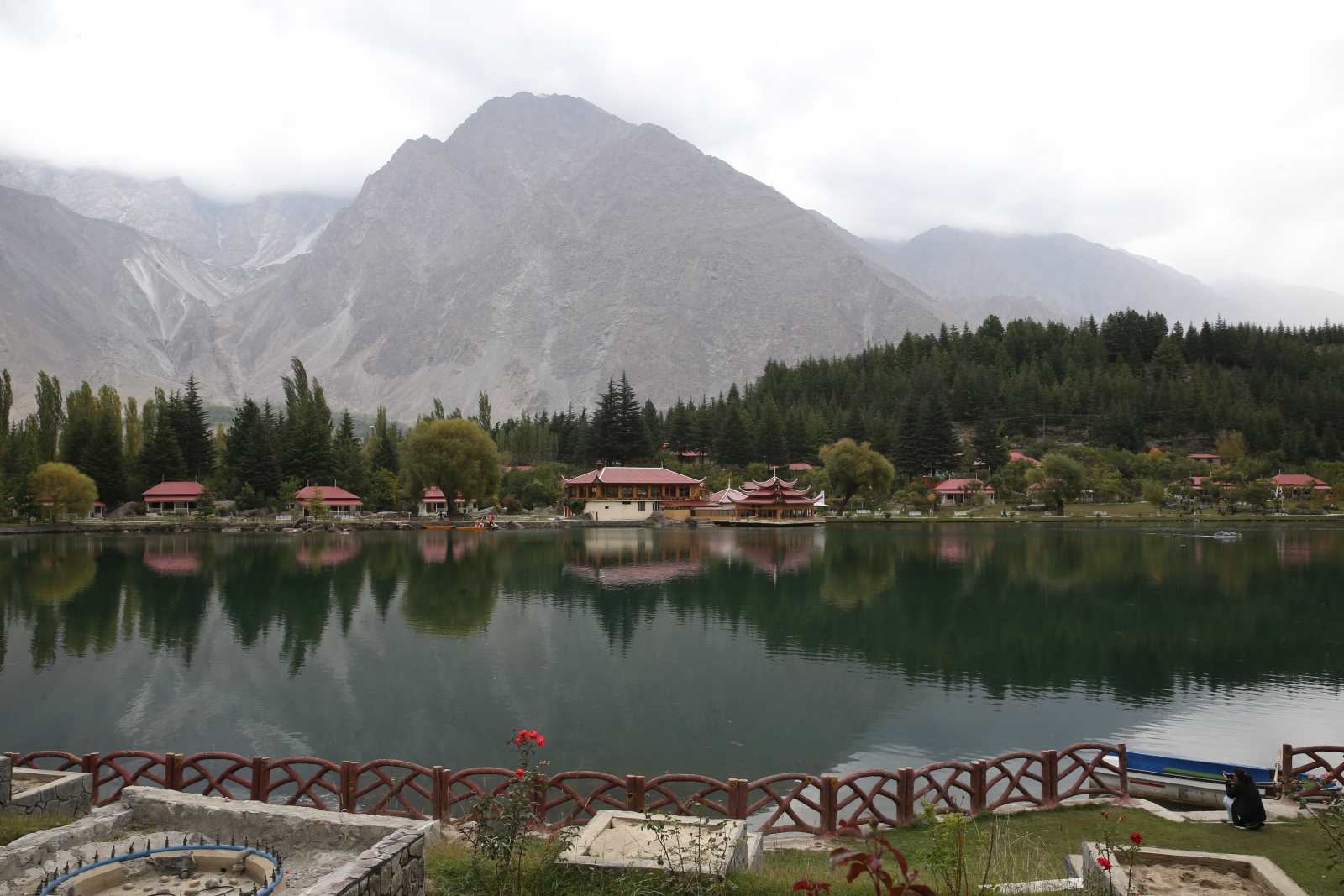Our View
Make tourism environmentally and socially sustainable

The Covid-19 pandemic severely disrupted tourism around the world. International travels declined by more than 70 %. Hotels and resorts had to shut down; many events were cancelled. Masses of people who normally depend on tourism lost their livelihoods.
In the meantime, a new upturn has set in. In the first quarter of 2024, international arrivals of overnight visitors climbed back to 97 % of the level recorded in 2019, according to the UN. Global tourism is expected to fully recover to pre-pandemic levels over the course of the year.
Regional disparities are striking, however. The numbers are recovering faster in the Middle East than in Asia, and nations with high incomes are making faster progress than those with middle incomes. In least-developed countries, the rebound is the least evident. In many cases, this crucially important sector thus still looks quite fragile. Foreign visitors, after all, mean an inflow of foreign exchange, and their purchasing power translates into local people’s incomes.
Downsides of international tourism
Middle-class consumerism is evolving in some emerging markets, so domestic tourism is becoming increasingly important. Infrastructure is being built in disadvantaged regions, and it can serve other purposes than merely tourism. Examples include transport routes, water pipes and power grids.
As tourism is rebounding around the world, its downsides are reappearing too. Where new facilities are planned and built, ecosystems often deteriorate. When prosperous people opt for destinations in poorer areas and financiers make investments there accordingly, real estate prices tend to go up and social disparities tend to become wider. Local people are often at a disadvantage. In some places, moreover, the impacts of mass tourism are already so serious that policymakers are considering restrictions in order to control the damage in both environmental and social terms.
Carbon emissions, moreover, obviously increase in step with expanding air travel. Though general awareness of climate issues has grown, tourism is still far from climate neutral. The irony is that popular destinations are exposed to the impacts of global heating, including, for example, the rise of the sea level. A recent UN survey showed that extreme-weather events are among the factors that are holding back tourism, right behind higher transport and accommodation costs and concern for the economic environment.
As prosperity increases, tourism will probably do so too. The implication is that it must be made environmentally and socially sustainable. We must prevent harm to people as well as ecosystems. Smart certification systems can serve that purpose, and so can policies geared to the common good at the local level. Grassroots communities must be empowered to participate in decision-making in ways that ensure they get their fair share of the benefits.
Managed well, tourism can keep serving important functions such as
- allowing people of most different backgrounds to meet,
- facilitating education and recreation and
- creating opportunities for disadvantaged communities in disadvantaged regions.
Unsustainable tourism, by contrast, will destroy ecosystems and devastate local communities and their cultures. It will thus, sooner or later, erode what it needs to thrive.
Jörg Döbereiner is managing editor of D+C/E+Z.
euz.editor@dandc.eu
















